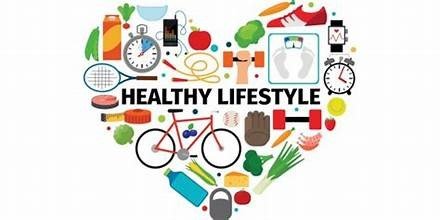Introduction: The Gut Story We Never Really Heard in School
If you’re like most of us, the gut probably never made it to your list of “most fascinating organs” — until recently. We were taught it digests food, nothing more. But now? Science tells a very different story. Your gut is like the backstage crew at a grand performance: unseen, but running the entire show — from your immunity to your mood and even how clearly you think.
Payal Kothari, in her insightful work The Gut, says, “Heal your gut, heal your life.” And honestly, the more you dig into the research, the more you realise — she’s spot on.

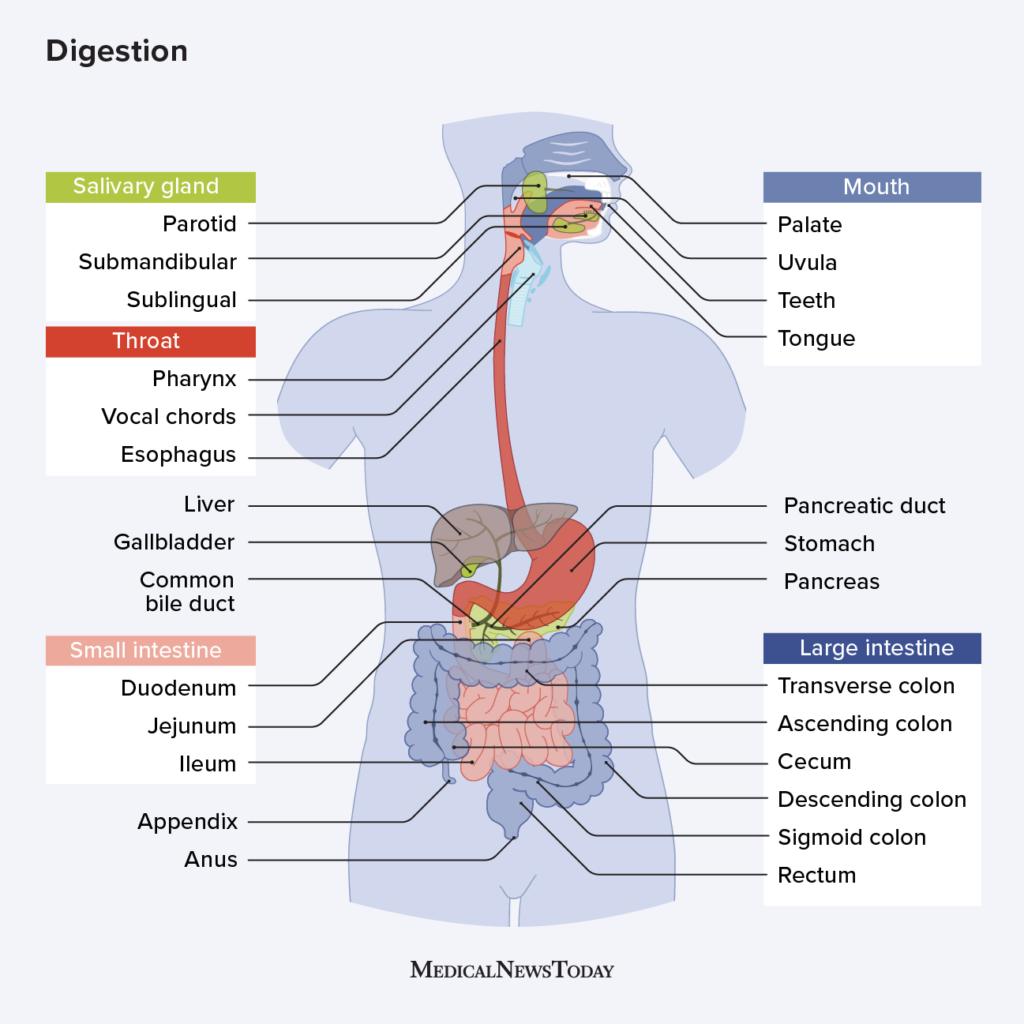
The Gut’s Design: Built Like Nature’s Perfect Kitchen
Think of your gut as the world’s most efficient kitchen. The “counters” (that’s your stomach and intestines) are perfectly arranged for chopping, mixing, and absorbing nutrients. The walls are lined with tiny villi and microvilli — like millions of little fingers — grabbing every bit of goodness from your food.
Its “workflow” is flawless too: peristaltic waves gently move your food along, while enzymes, stomach acids, and good bacteria play their parts like a well-trained culinary team.
The Gut’s Second Brain: Yes, It Thinks for Itself
Hidden in the gut is the enteric nervous system — more than 100 million nerve cells working away without needing constant instructions from the brain. This is why scientists call it our second brain. Ever felt “butterflies” before a big moment? Or had a “gut feeling” you couldn’t explain? That’s your second brain talking.
And it’s not just poetic talk — research shows gut health directly affects mood, stress, and even how sharp your thinking is.
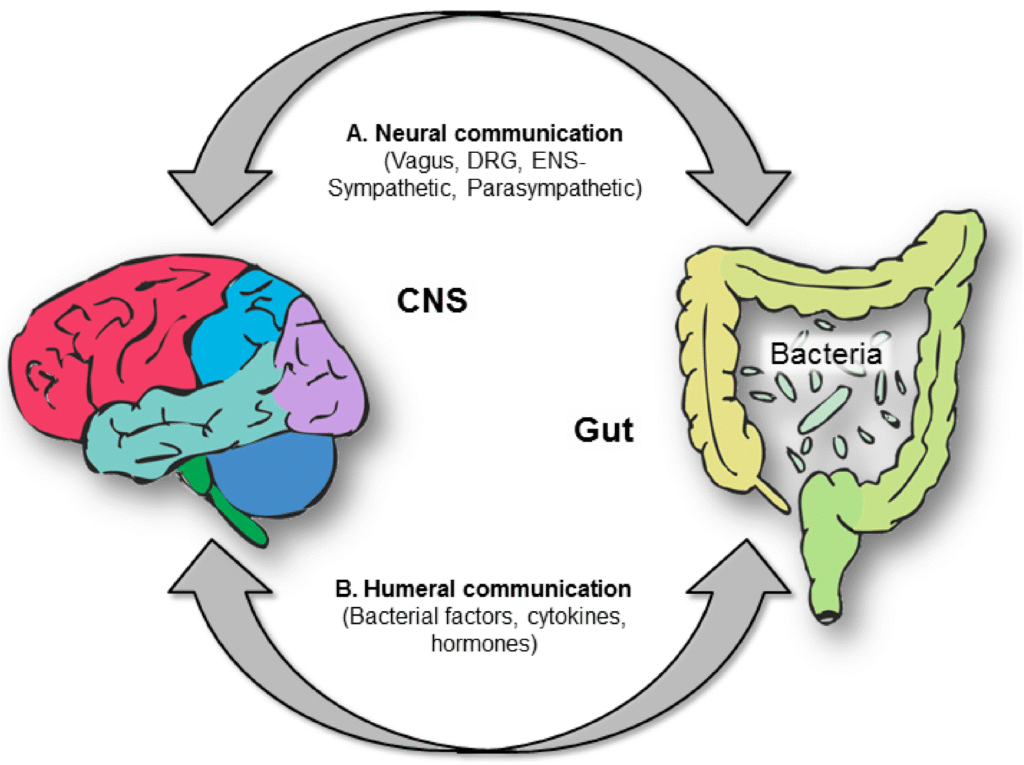
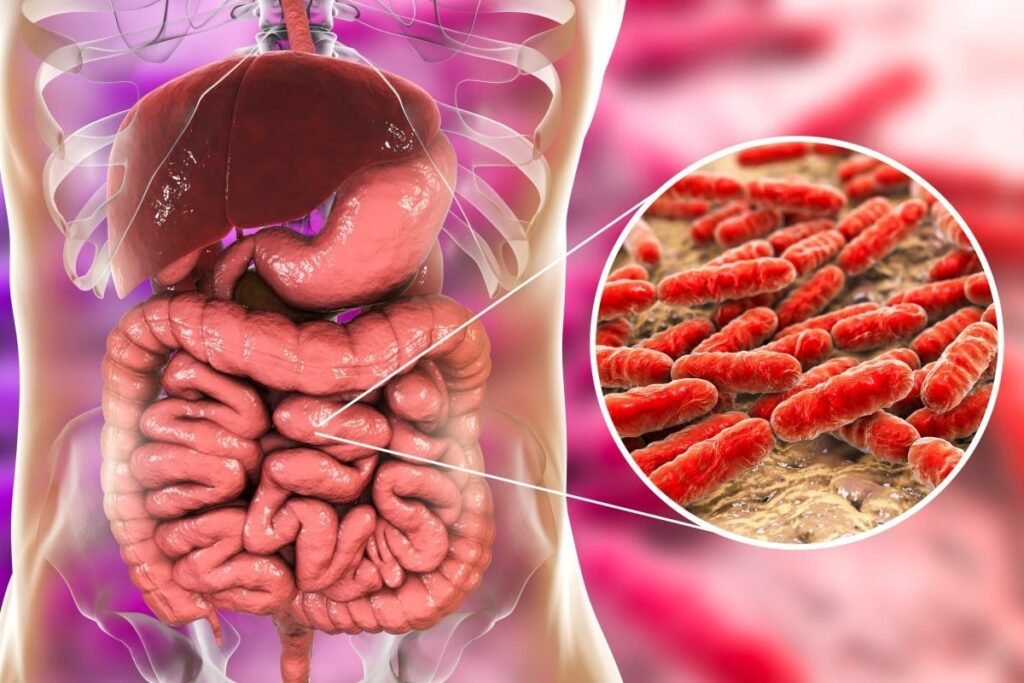
The Microbiome: Your Inner City of Life
Inside you live trillions (yes, trillions!) of microbes — bacteria, viruses, fungi — collectively called the microbiome. When balanced, they keep you healthy; when disrupted, they can cause everything from bloating to chronic illness.
Dr. Rob Knight, a microbiome expert, says it best: “You are more microbe than human.” Sounds wild, but it’s true — we carry more microbial cells than human cells. Feed them right, and they’ll repay you in health dividends.
The Gut-Brain Connection: A Two-Way Street
Payal Kothari often talks about how the gut and brain are in constant conversation through the gut-brain axis. Stress in your mind can upset your stomach; an unhealthy gut can cloud your mood.
Real-life example? Many people notice when they improve their diet — adding probiotics, fiber, and cutting junk — they suddenly feel calmer and more energetic. It’s not magic. It’s biology.
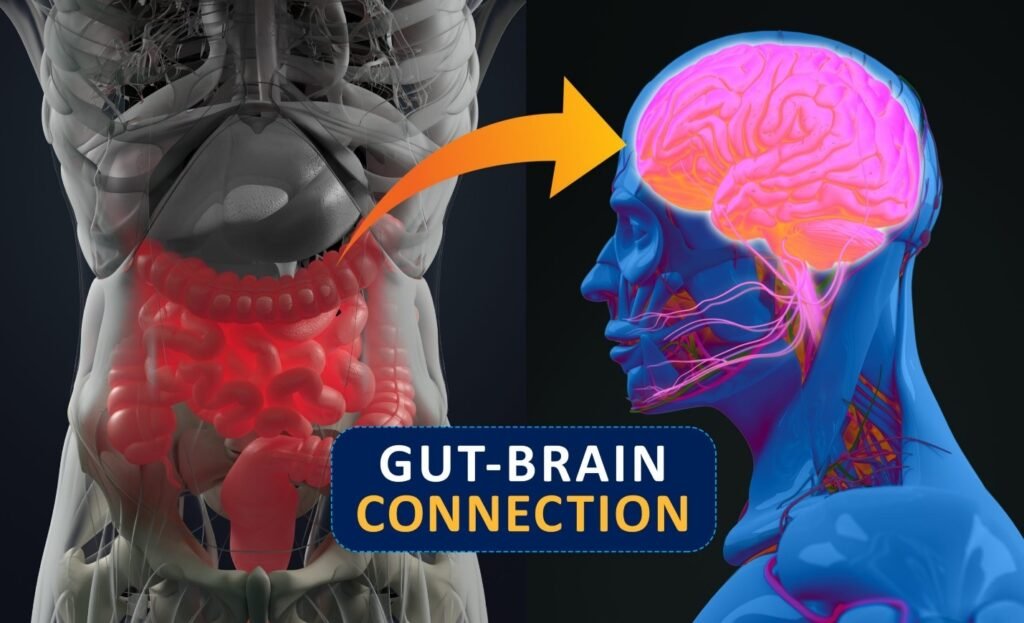
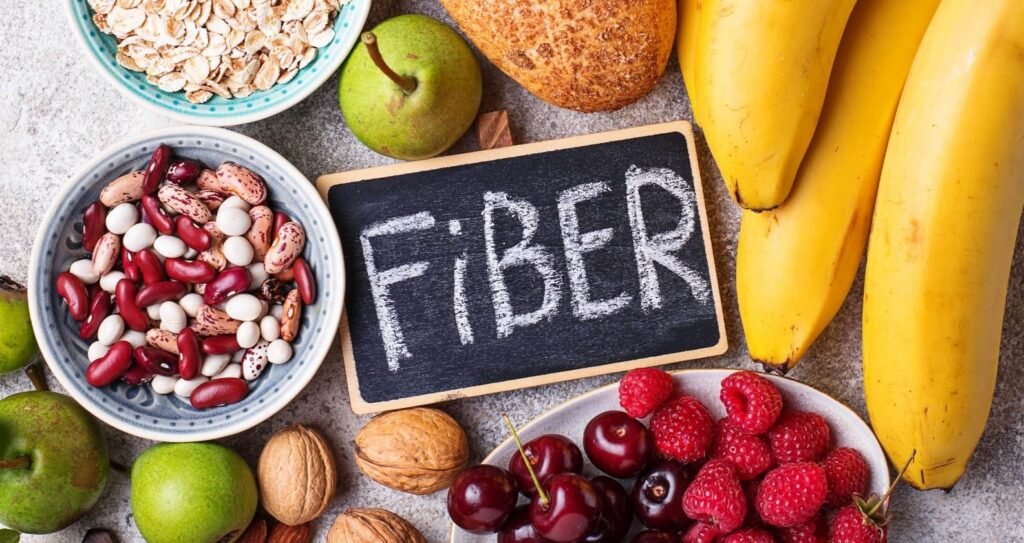
Wisdom from the Experts
- Dr. Will Bulsiewicz: “Fiber is king for a healthy gut.”
- Dr. Megan Rossi: “Eat as many plant-based foods as you can for microbiome diversity.”
- Michael Pollan: “Eat food. Not too much. Mostly plants.”
Different words, same truth — real, diverse, whole foods are your gut’s best friend.
Gut-Friendly Habits That Actually Work
- Eat the rainbow — 30 different plant foods a week.
- Drink water — digestion depends on it.
- Include fermented foods — yogurt, kefir, kimchi, sauerkraut.
- Cut down on processed sugar — bad bacteria love the sweet stuff.
- De-stress — your gut listens to your mood more than you think.


Myths You Can Forget Today
- Myth: Probiotics will fix all gut issues.
Truth: They help, but diet and lifestyle matter more. - Myth: You need detox juices to cleanse your gut.
Truth: Your liver and kidneys already handle detoxing — just eat real food.
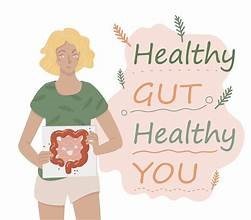

Final Word: Your Gut Deserves a Little Love
- Your gut isn’t just a food-processing tube. It’s a bustling city, a nerve center, and your personal health manager rolled into one. If you treat it well — with real food, good habits, and a little mindfulness — it will keep you feeling lighter, brighter, and stronger.
Like Payal Kothari says, “Heal your gut, heal your life.” And that’s not just good advice — it’s a science-backed fact.
